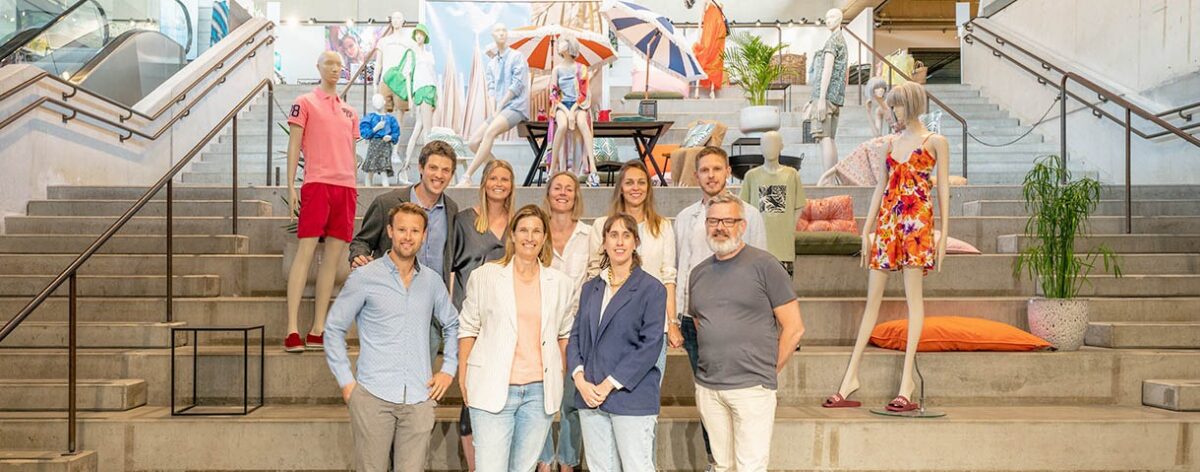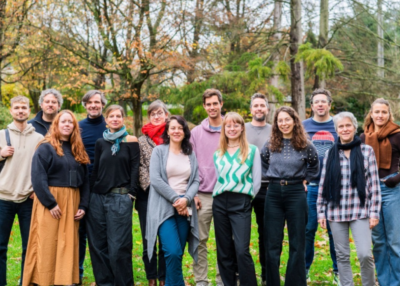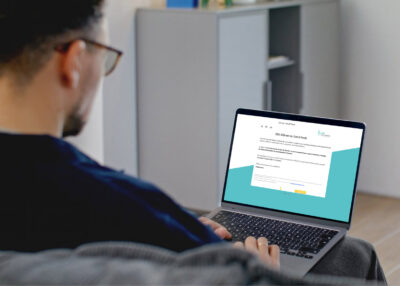
Company takeovers and participatory governance, a new economic model
To take over is also to undertake. As part of its Recovery and Redeployment Plan launched by the Region to deal with the pandemic, at the end of October 2020 hub.brussels was given the mission of supporting projects to take over companies in difficulty by/with their workers. This led to Rengo, the phoenix of the Brussels hosts. A year and a half after its takeover, has it been successful?
More than ten thousand companies will have to be taken over between now and 2025. hub.brussels has therefore been mandated to support projects involving the takeover of companies in difficulty by their employees in Brussels.
The Agency offered complete support (retail, business & finance, public aid, urban and environmental permits) and used external consultants for more specific issues (legal, governance and the democratisation of the company, sustainability, etc.).
This scheme was meant to complement that set up via Reload Yourself, the new Brussels cooperative for the takeover and relaunch of economic activities, which aims to offer support to all those who wish to pass on, take over or relaunch self-employed activity or a small business.
From bankruptcy to recovery, from Cameleon to Rengo
Created in 1988, Cameleon is active in the sale of outlet clothing. After rapid growth in the early 2000s, the company opened its Woluwe-Saint-Lambert site (8,000 m²) in 2009, on a citydev.brussels site.
The company then underwent a judicial reorganisation procedure (PRJ) in 2014, after a drop in sales volumes and the failure of its online sales strategy. Following this PRJ, Cameleon transferred online sales to Vente-Exclusive.com (now Veepee).
Cameleon was refinanced in 2016, with the intervention of finance&invest.brussels, to allow for renewed growth. After a recovery of its business volume, the outlet chain contacted the Region to look for an additional location near Uccle in 2018. This project did not materialise.
At the beginning of 2020, Cameleon was experiencing significant financial difficulties. The impacts of Covid-19 and the spring 2020 lockdown accelerated these difficulties and in summer 2020 forced Cameleon to call on a corporate mediator to study all the possible avenues for turning the company around. The company declared bankruptcy on 6 November 2020.
Part of the Cameleon staff and two Brussels entrepreneurs then decided to carry out a project to take over the activity, without involving the former managers but with the desire to set up participative governance. It is in this context that JobYourself and hub.brussels have supported them since November 2020. To implement this pilot project, hub.brussels has set up a monitoring committee, composed of Cabinet Trachte, JobYourself/Reload Yourself/finance&invest.brussels, a university expert from UCLouvain and hub.brussels.
This synergy led to the creation of the company Rengo, which means rebirth. And it certainly lives up to its name…
Raising awareness of entrepreneurship
Rengo’s success has demonstrated added value but also the lack of knowledge of this alternative to business creation in Brussels, as well as the benefits of participative governance. This is why, in parallel to its accompaniment for Rengo, hub.brussels has undertaken various actions to raise awareness of and increase information about this mode of recovery.
The first was to hold an event during the November 2021 Transmission Week entitled ‘What if employees were the architects of their company’s recovery?’. Various articles and testimonies were written and sent to Brussels entrepreneurs in our hub.info newsletter.
The second concerns the conducting of a study aimed at highlighting non-Brussels models that promote company takeover by/with workers and highlighting at least two case studies from which the Region could draw inspiration to continue current deliberations.
More news on our blog:

After Audi: Brussels foreign trade in the first half of 2025
Posted on 28/01/2026
